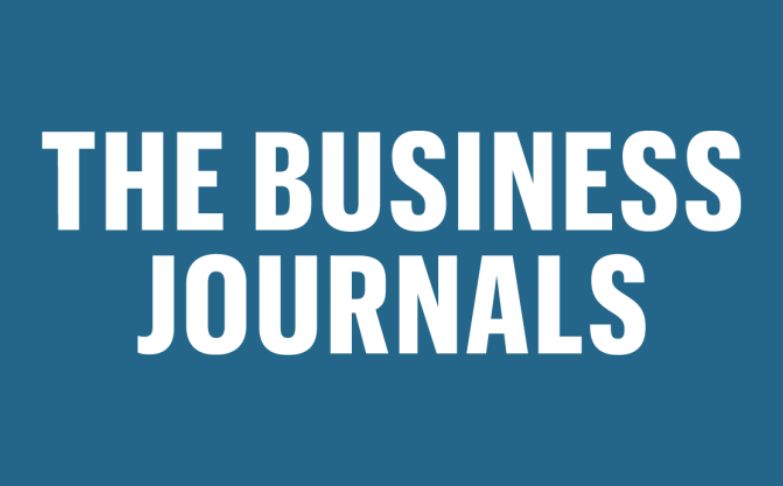Shutdown Means Big Changes at the SBA. Here’s What Businesses Need to Know. Published October 2, 2025
Written by Andy Medici
Story Highlights
- SBA stops approving new loans during government shutdown.
- Lenders continue processing existing loans but can’t close unapproved ones.
- Small businesses face delays in expansion plans and funding.
Business owners looking to secure a new Small Business Administration loan no longer have that option because of the federal government shutdown.
The agency is not approving any new loans until Congress is able to agree on a new spending plan — an agreement that, presumably, would end the shutdown.
Lenders are still able to work on loans already in progress but they won’t close any such deals unless they have already gotten the SBA’s guarantee of backing.
The federal government’s partial shutdown stems from Congress’ inability to pass a funding resolution or legislation for the fiscal 2026 year that began Oct. 1. Republicans and Democrats disagree on federal spending levels, cuts to foreign aid and the renewal of health-insurance subsidies.
Some federal services deemed essential will continue to operate, but the federal government already has furloughed about 900,000 federal workers and left another 700,000 working without pay. The government last saw a partial shutdown during President Trump’s first term, when the impasse lasted for 35 days.
A notice on the SBA.gov website blamed Senate Democrats for the funding impasse and the resulting shutdown.
“As a result of the shutdown, we wanted to notify you that many of our services supporting small businesses are currently unavailable,” the agency said in a notice. “The agency is executing its Lapse Plan and as soon as the shutdown is over, we are prepared to immediately return to the record-breaking services we were providing under the leadership of the Trump Administration.”
Chris Hurn, president and CEO of Phoenix Lender Services, said his organization had about 45 SBA loans that were in various stages of closing at the onset of the shutdown, and they will finalize those deals in the coming weeks, but other loans will have to wait.
That doesn’t mean panicking, Hurn said. Small-business owners can still reach out to their lenders about SBA loans, and those lenders can still do all the prep work needed so that when the government does reopen, they can hit the ground running.
“We do as much as we can. We collect as much of the documentation and do our analysis and come right up to that line to be ready to go the moment the government reopens,” Hurn said. “I think prospective borrowers understand that this is a temporary thing.”
That doesn’t mean there won’t be issues along the way. Businesses that were looking to secure loans to expand might have to put those plans on hold. Those looking for working capital might feel a squeeze if they cannot secure that funding.
“All that stuff gets put aside until you can get your SBA loan put in place,” Hurn said. “If you want to buy a business, they might not want to stick around and let you do your deal. It’s not unusual to have a time-determined deadlined on a business acquisition, and not all sellers are patient.”
Hurn said if the shutdown is relatively short, lenders and the SBA should be able to get back on track quickly. But the longer the shutdown lasts, the more problems it will cause for businesses looking for SBA loans.
Impact on specific SBA programs
Just days before the Oct. 1 shutdown, the SBA said it was on track to close fiscal 2025 with the most capital delivered to businesses, with 84,400 7(a) and 504 loans approved, for a total of $4.8 billion in loans. The agency said it guarantees 1,600 small-business loans per week worth more than $860 million — or 320 loans per workday for $170 million.
The SBA will continue to distribute loans to existing borrowers that were approved prior to the shutdown — at least until available funds run out, said Pieter Leenhouts, vice president of sales at Tax Guard. That includes servicing the agency’s disaster-relief program, which processes and distributes loans in the event of a natural disaster. Borrowers are still expected to make all payments as normal, Leenhouts said.
The shutdown will impact small businesses looking to take part in several new offerings from the SBA.
The agency had been working in recent months on boosting loans to specific industries such as manufacturing. That included waiving some loan fees for small manufacturers, but it also included the 7(a) Manufacturers’ Access to Revolving Credit (MARC) loan program to offer working capital for small businesses engaged in manufacturing that the agency said would provide “maximum flexibility and minimal red tape.”
Source: Shutdown means big changes at the SBA. Here’s what businesses need to know.

